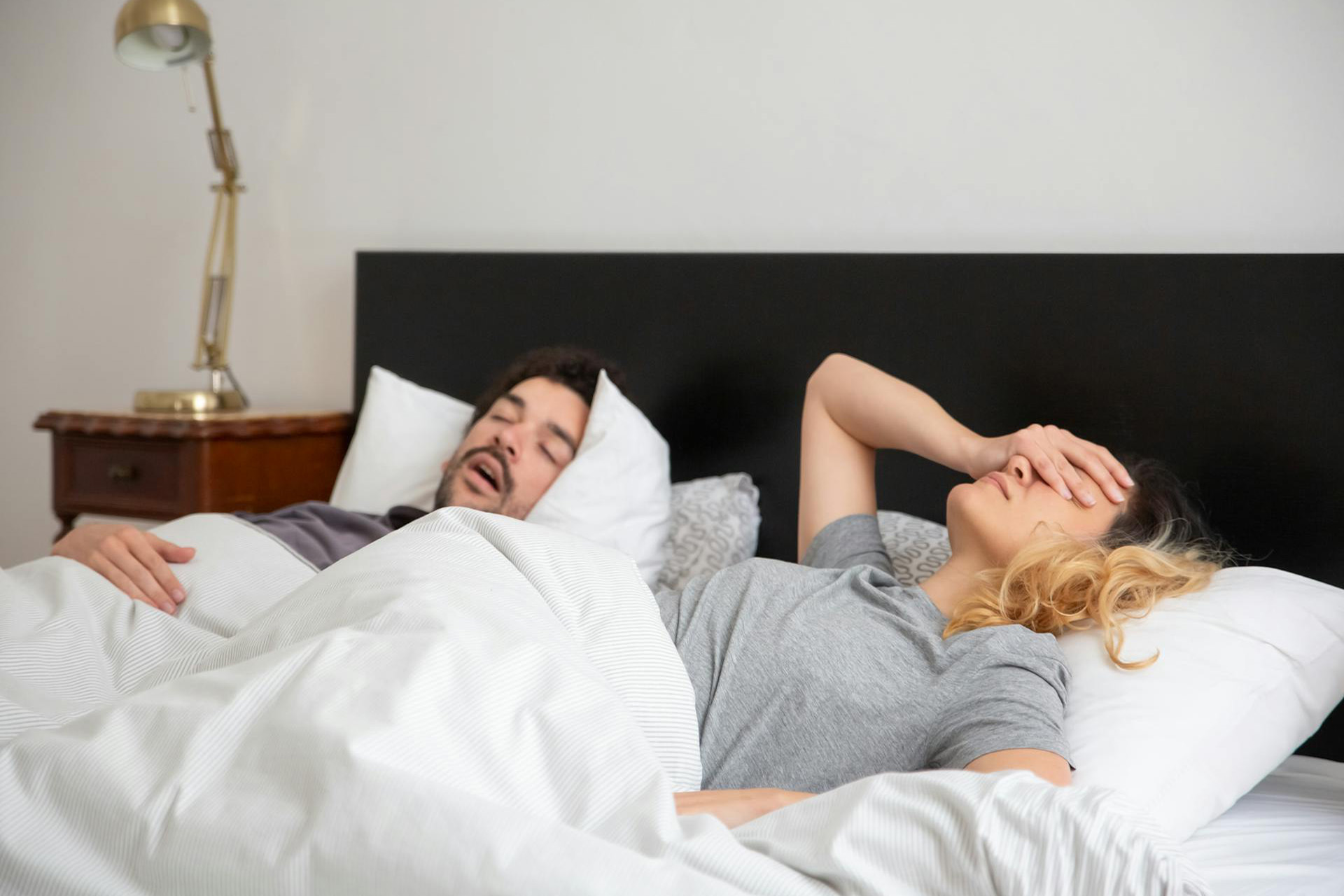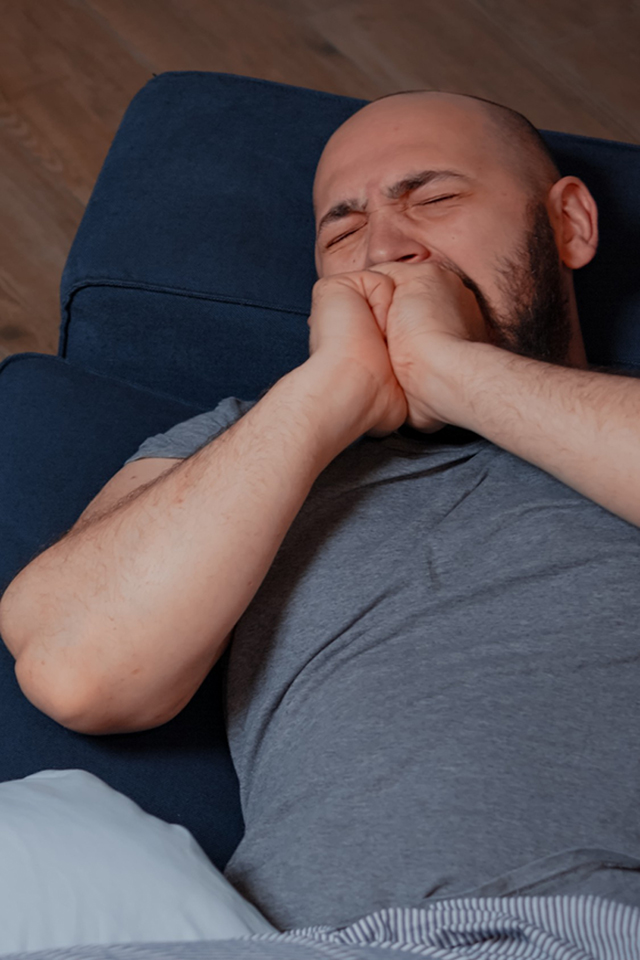
About PAP IQ
Empowering Patients Through Knowledge and Support
PAP IQ is an educational resource dedicated to helping sleep apnea patients understand their condition and confidently adapt to CPAP/BiPAP therapy. Our mission is to provide clear, practical guidance that promotes therapy compliance and long-term health improvement. By working alongside durable medical equipment providers, we ensure every patient receives personalized support, education, and follow-up throughout their 90-day compliance journey.
Understanding the Apnea-Hypopnea Index (AHI)
Measuring the Severity of Your Sleep Apnea
The Apnea-Hypopnea Index (AHI) indicates the number of breathing interruptions you experience per hour of sleep. This scale helps determine the severity of your sleep apnea — mild, moderate, or severe. At PAP IQ, we help you interpret your sleep study results so you can clearly understand your diagnosis and the therapy recommended for you.
Gain a clearer understanding of your sleep study results. Learn more about AHI and what your numbers really mean.

Health Implications of Sleep Apnea
Understanding the Risks to Protect Your Health

Types of
CPAP/BiPAP Therapy Equipment
CPAP and BiPAP therapy are the gold standards in treating sleep apnea, providing gentle air pressure to keep your airway open during sleep. PAP IQ helps you understand the different types of positive airway pressure systems — including CPAP, APAP, BiPAP, IVAP, and ASV — so you can feel confident using the equipment best suited to your specific therapy needs.
Discover which PAP therapy is right for you. Learn more about each device and how it supports better sleep.
Learning to Breathe with Your PAP Device
Relax, Trust, and Let It Work
PAP therapy is designed to gently keep your airway open so you can breathe naturally during sleep. The key is to relax — let your body do what it already knows how to do. With patience and calm adjustment, you’ll quickly adapt to your device and experience more restful, refreshing nights.
Breathe easier with confidence. Learn more about adjusting to your PAP therapy.


FAQs
Your CPAP Questions, Answered
We know starting CPAP therapy can feel overwhelming. That’s why we’ve gathered answers to some of the most common questions patients ask. From understanding your device to staying compliant, we’re here to make your sleep therapy simple and stress-free.








